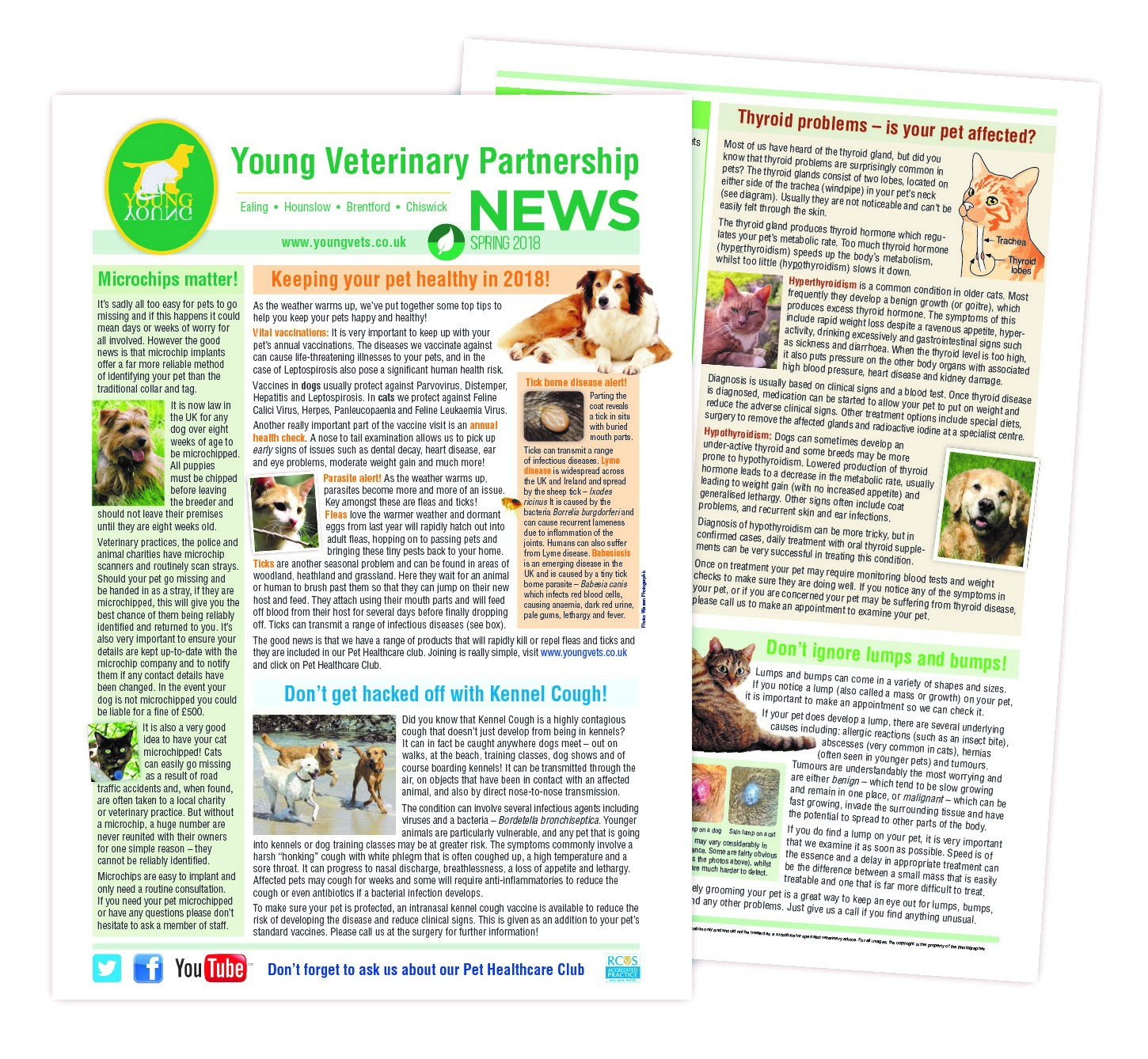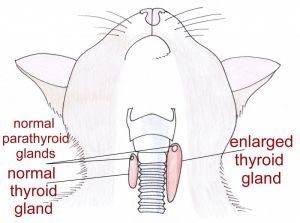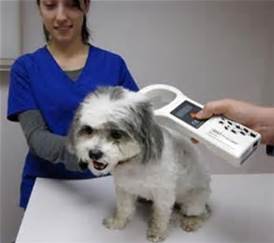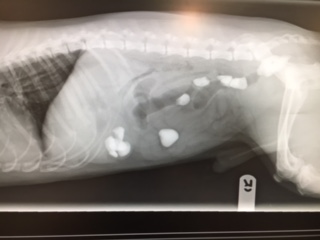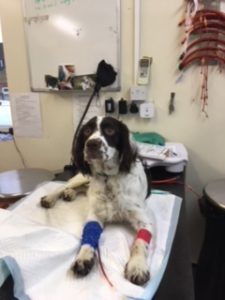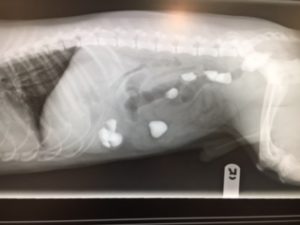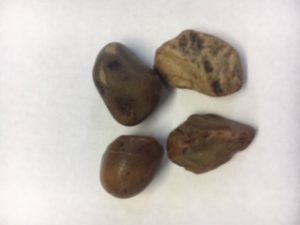Our 2018 Spring newsletter has arrived!
It’s packed with information on how to keep your pets happy and healthy in 2018. Read it here.
Included in our newsletter :
Thyroid problems – Is your pet affected?
Most people have heard of the thyroid gland, but did you know that thyroid problems are surprising in pets? Understand the difference between Hyperthyroidism and Hypothyroidism and the signs to watch out for in your pets.
Lumps and bumps on your pet.
If your pet develops a lump or bump, it is important to visit us so we can check it for you and your pet. Lumps and bumps come in all shapes and sizes, understand more about the causes of these here. Regular grooming is a great way of bonding with your pet and keeping an eye out for anything unusual.
Learn the facts about Kennel Cough!
Kennel cough is highly contagious and can be picked up from virtually anywhere your dog can go – out on walks, training classes, shows and of course boarding kennels. Understand more about this contagious disease and the signs to watch out for in your dog. All four of our surgeries offer the Kennel Cough vaccine, please contact us for further information.
Microchips matter!
Is your pet microchipped? Did you know it is a legal requirement for all dogs over the age of 8 weeks old to be microchipped. In the event that your dog is not, you could be liable for a £500 fine. Sadly it’s all too easy for pets to go missing and if this happens it could mean weeks of worry. However microchips are a reliable record of identifying your pet and its address, read our newsletter to find out more about microchips.
As the weather warms up, we’ve put together some top tips to help you keep your pets happy and health, read our newsletter here.

